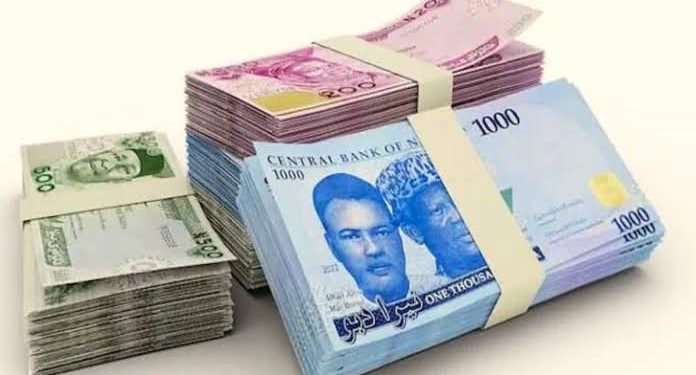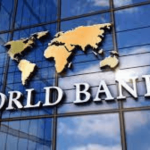Ten months into Nigeria’s cash transfer programme, only one in three of the 15 million households targeted have received support, leaving millions of vulnerable citizens still waiting as weak spending power continues to define daily life.
The programme was introduced in October 2023 after sweeping economic reforms pushed by President Bola Tinubu triggered the country’s worst cost-of-living crisis in decades. The removal of fuel subsidies and the floating of the naira were hailed by investors as bold steps that bolstered confidence in the economy. Yet, the measures also drove inflation to record highs and devalued the naira by nearly 70 percent, drastically reducing the purchasing power of Nigerian consumers.
According to a new PwC report, just 5.6 million people, or 21 percent of the intended beneficiaries, received at least one transfer since the initiative began. Of these, 2.4 million received a second round of payments, while only 1.24 million completed biometric verification to access a third. The government, aiming to broaden coverage and improve transparency, launched a campaign in April requiring every eligible household to have at least one adult registered with a National Identification Number (NIN) or Bank Verification Number (BVN). PwC noted that extending NIN enrolment, especially in rural areas, could strengthen the government’s ability to reach its most vulnerable citizens.
Despite the programme’s slow rollout, analysts expect Nigerian households to increase spending in 2025 more than at any time in the last three years, thanks to moderating inflation. PwC projects real household spending to rise to N25.7 trillion in 2025, after sharp contractions of 15.9 percent in 2023 and 0.4 percent in 2024. A recovery in spending, it said, would reflect improved living standards and a gradual strengthening of purchasing power across the country.
However, risks remain. Persistent price pressures, high interest rates, and fiscal constraints may slow the pace of recovery. “Real household spending may begin to recover in 2025, however, the pace of recovery may be hindered by persistent price pressures, high rates, and ongoing fiscal constraints,” PwC cautioned.
Meanwhile, nominal household spending has surged, growing 33 percent from N142.6 trillion in 2023 to an estimated N237 trillion in 2024. But this rise has been largely driven by the soaring cost of food, transport, and other essentials, rather than an improvement in household welfare.
PwC forecasts that inflation could fall further to 21.46 percent in 2025, supported by tighter monetary policy and greater stability in the foreign exchange market. Headline inflation already eased for a fourth straight month in July, down to 21.88 percent, raising hopes that the Central Bank of Nigeria may begin lowering record-high interest rates in the second half of 2025.
The naira is also projected to remain relatively stable through 2025, underpinned by ongoing central bank reforms and improved portfolio inflows. Alongside this, Nigeria’s rebased GDP growth stood at 3.38 percent in 2024, with PwC projecting a modest 3.4 percent expansion in 2025, boosted by stronger crude oil output and growth in finance, insurance, ICT, construction, and real estate.
For now, however, the gap between economic projections and realities on the ground remains wide. Millions of Nigerians are still waiting for promised cash transfers, even as inflationary pressures continue to bite. Whether the expected spending recovery in 2025 will ease that burden depends largely on how quickly government reforms translate into tangible relief for households.










